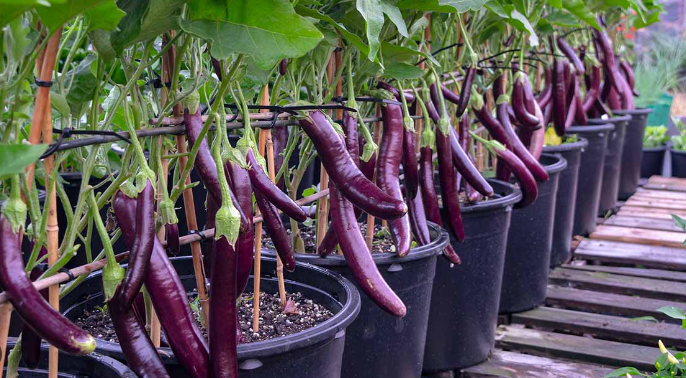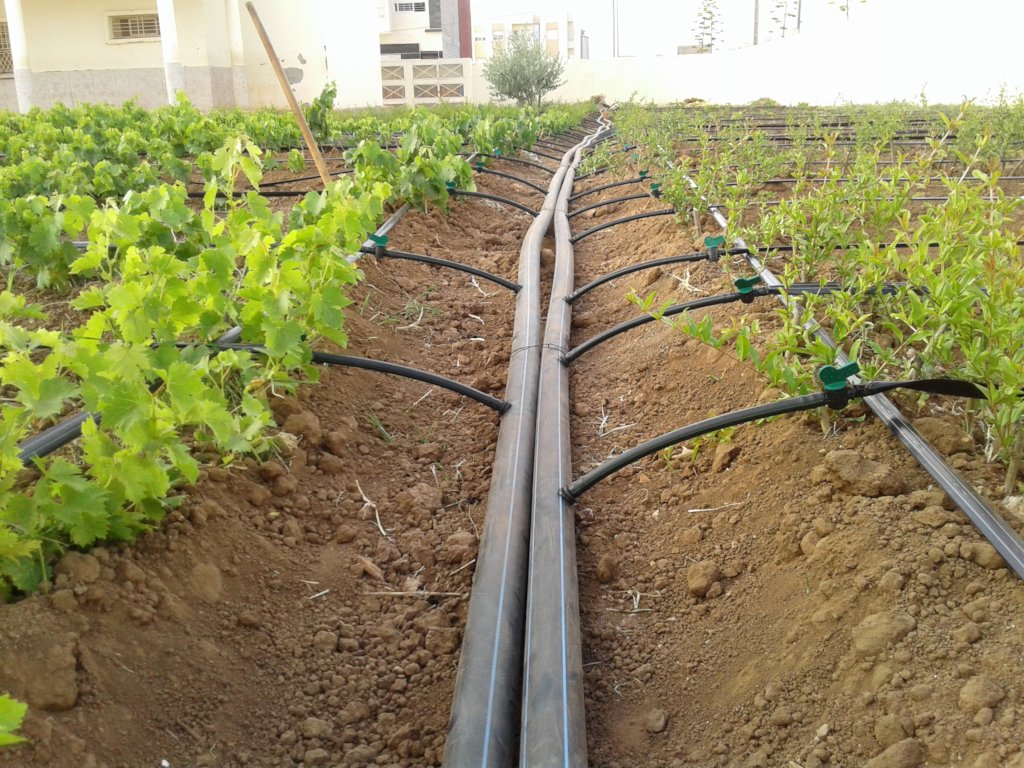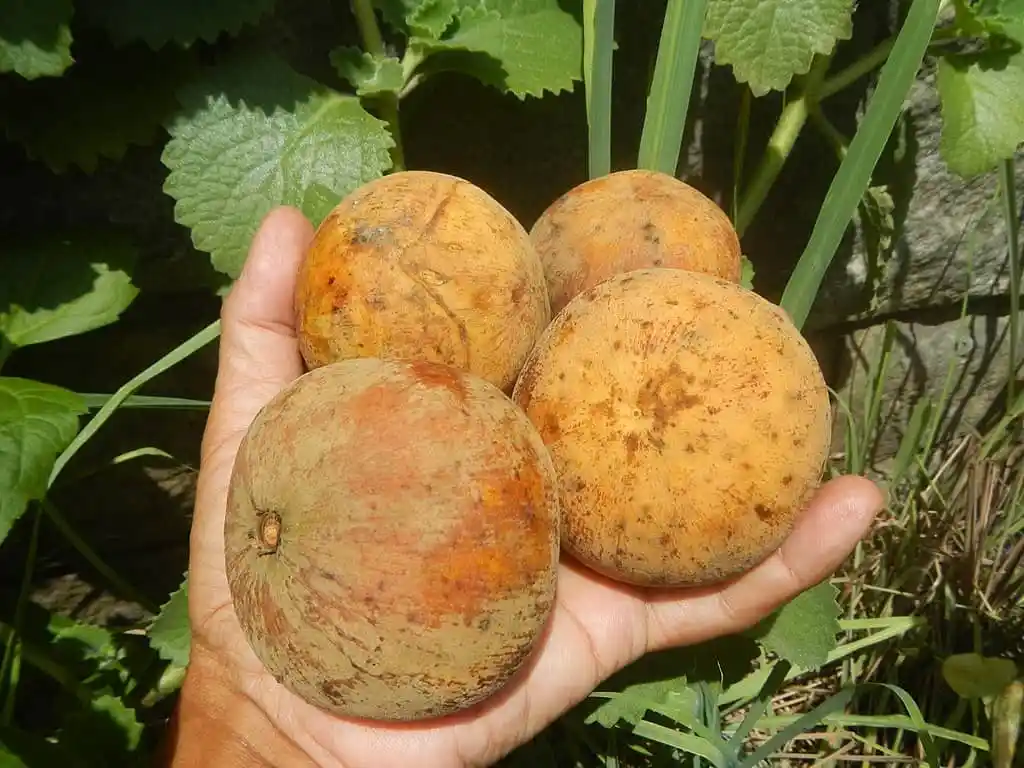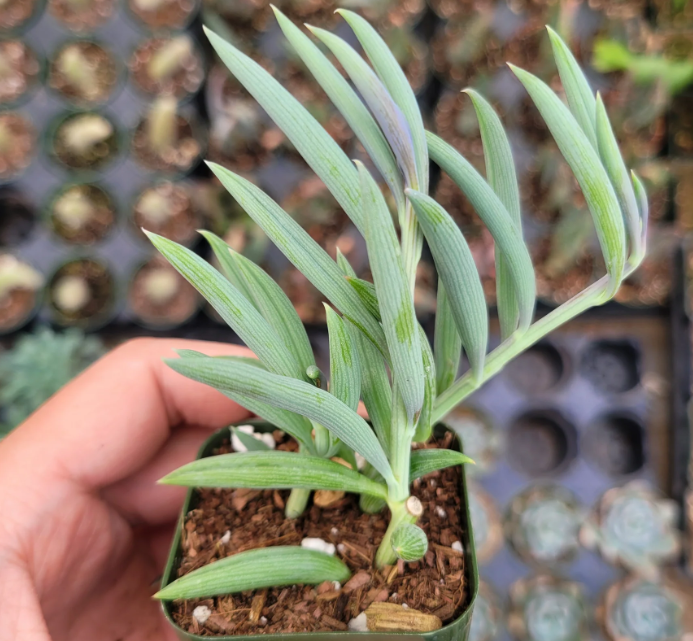Do you love farming and want to get started, but don’t have the money? Don’t worry! Many people start farms with little to no money. With dedication, some smart thinking, and a little bit of creativity, you can farm your way to success.
Let’s go into detail about how you can begin your farming adventure even when funds are short.
Table of Contents
- The Beauty of Farming
- Tackling the Money Challenge
- 1. Making Use of What’s Around You
- 1. Finding Space on Public Land
- 2. Teaming Up with Other Farmers
- 3. Joining Community Gardens
- 2. Exploring Ways to Get Money
- 1. Crowdfunding for Support
- 2. Joining a Farm Incubator
- 2. Applying for Grants and Loans for Farming
- Grow Bit by Bit
- 1. Picking Crops That Make Money
- 2. Making the Most of Your Space
- 3. Adding Variety to What You Grow
- Ways to Farm that Help the Earth
- 1. Organic and Earth-Friendly Methods
- 2. Saving Water and Smart Watering
- 3. Composting and Keeping Soil Healthy
- Connecting with Others and Selling Your Crops
- 1. Local Farmers’ Markets
- 2. Working with Restaurants and Chefs
- 3. Farm-to-Table Programs
- Conclusion
The Beauty of Farming
Farming connects you with the earth, lets you grow your food, and can be really satisfying. You feel accomplished when you take care of plants or animals and then see them grow.
Also, people today really want food that’s grown nearby, in a way that’s good for the earth, and healthy to eat. This means your farm could make good money.
Tackling the Money Challenge
It’s true that starting a farm usually costs quite a bit, but there are clever ways to begin without cash in your pocket.
1. Making Use of What’s Around You
To start off, use things that are easy to find or free in your area.
1. Finding Space on Public Land
Check if your town or city has empty land owned by the government that you could use for farming. You might be able to get permission to farm there for free or rent it cheaply.
By using these spaces to grow things, you can help your community look nicer and show others how fun and good farming can be for the environment.
2. Teaming Up with Other Farmers
Being friends with local farmers can be really beneficial. They might let you use some of their land, teach you about farming, or share useful tips about selling crops.
Working with farmers who have been at it for a while can give you access to their know-how, tools, and connections. This is very helpful when you’re trying to build your farm step by step.
3. Joining Community Gardens
Community gardens are places where lots of people come together to grow food. Sometimes you can find a spot here for very little money, or even free!
Being a part of a garden like this means you can meet other gardeners, learn new skills, and be part of a group that likes the same things you do.
2. Exploring Ways to Get Money
If you need some cash to grow your farm bigger, look for ways to get funding that don’t involve a traditional bank loan.
1. Crowdfunding for Support
Websites like Kickstarter or Indiegogo let you tell others about your farming dream and ask for their support. You can tell your story, share your excitement, and offer cool thank-you gifts to people who help you out with money.
2. Joining a Farm Incubator
A farm incubator program helps new farmers by giving them a place to farm, tools, classes, and advice. These programs often don’t cost much and are a great place to learn and grow quickly.
2. Applying for Grants and Loans for Farming
Look for grants and loans made just for farming. These can come from the government, non-profit groups, or agricultural lenders.
Find out what options are available where you live, and apply for them. You could get money for things like seeds, machines, or animals to get your farm off the ground.
Grow Bit by Bit
It’s a smart idea to start small and slowly get bigger as your farm starts making money and you get more experienced.
1. Picking Crops That Make Money
Choosing the right crops is super important. Look for ones that people really want and that you can sell for a good price.
Think about what grows well where you live, what can be sold for a good price, and if there are less common things that you could sell for even more money. wrap>
2. Making the Most of Your Space
If your farm is small, it’s very important to use every bit of space the best you can.
Try growing plants up on trellises, planting different kinds of plants together, or planting new crops right after old ones are done. This helps get the most out of your land.
Also, getting tools that help you work smarter, like an irrigation system for watering plants or good quality tools, is a great investment.
3. Adding Variety to What You Grow
Don’t only grow one thing. Grow different things to sell to different people.
Along with your main crops, try growing things like herbs, flowers, or even making honey. This way, you can attract more customers and make more money.“`
Think about making extra products like jams, jellies, or herbal teas. This is a good way to create more ways to make money and not just rely on one type of crop.
Using methods that are good for the earth, like sustainable farming, can be good for your wallet too. These ways can make your soil healthier, cost less, and attract people who care about the planet.
Ways to Farm that Help the Earth
1. Organic and Earth-Friendly Methods
Switching to organic ways of farming makes your crops special and can help you get better prices. Try not to use harmful chemicals and instead, take care of the soil with methods like planting different crops in turns, growing plants that cover the ground, and using compost. It can be good to get certified as organic because more people will trust your farm and you can sell to more places.
2. Saving Water and Smart Watering
Water is very important and you need to use it wisely. There are ways to water plants that don’t waste water, like drip irrigation or specific sprinklers. You can also collect rainwater to use when it’s dry. It’s smart to choose plants that don’t need much water and to cover the soil to keep moisture in.
3. Composting and Keeping Soil Healthy
Good soil helps plants grow well. Making compost from waste makes the soil rich and healthy. It’s also better than using chemicals. Checking your soil with tests helps you know what it needs to grow the best plants.("p)>
Connecting with Others and Selling Your Crops
1. Local Farmers’ Markets
Farmers’ markets are great places to sell your vegetables and fruits because you meet people who like to buy local food. You can show off your crops nicely, tell people about your farm, and let them taste your food. Making friends with your customers can help you understand better what they like to eat.
2. Working with Restaurants and Chefs
If you work with local restaurants and chefs who love fresh, local food, you can sell a lot of your harvest. By delivering what they need consistently and paying attention to what they want, you can make a good partnership.
3. Farm-to-Table Programs
Farm-to-table or community-supported agriculture (CSA) programs are when customers sign up to get fresh food from you regularly. This is good because you can count on this money and it makes people feel close to your farm. Tell them how joining help your farm and gives them access to fresh and local produce.
Conclusion
It might look tough to start farming without any money, but you can do it by using what you have, looking for different money options, starting small, and farming in a way that’s good for the earth. Farming can be a great way of life that brings you closer to nature and your community.









